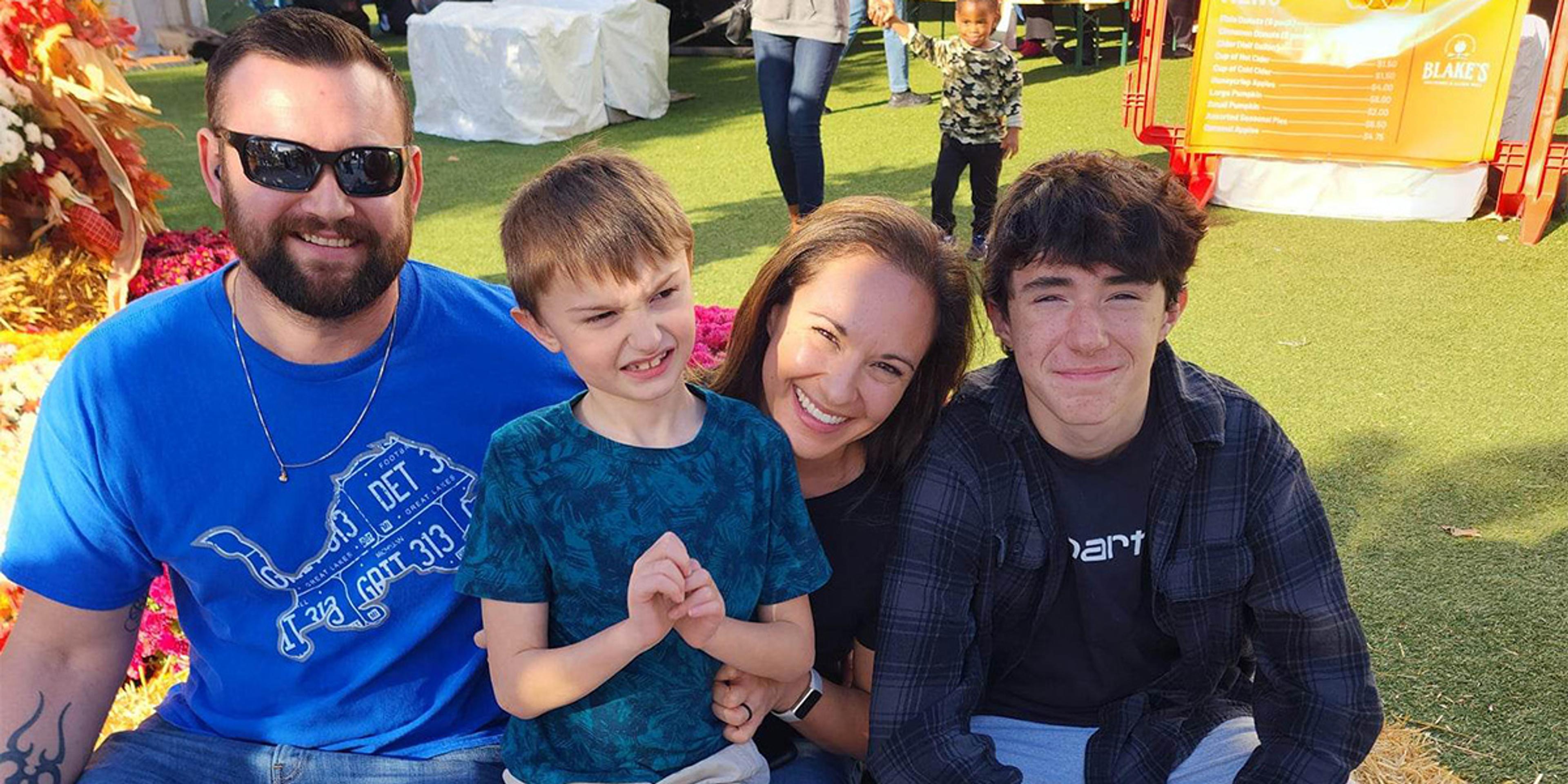Is Michigan Ready for a "Blue Zone"?
Julie Bitely
| 3 min read

In our 24-7 culture, we often prioritize everything above our own health, but where does that leave us? According to Tony Buettner, senior vice president of business development at Minneapolis-based Blue Zones, we’re achieving short-term goals at the expense of a long, healthy life. Buettner was recently in Grand Rapids to promote Blue Zones, a company on a mission to improve health and longevity at a population health level. His talk was part of the Grand Rapids Area Chamber of Commerce’s Health Care Summit, which was sponsored by Blue Cross Blue Shield of Michigan. Buettner said the human body is engineered to live to a healthy age 90 at least, yet in the U.S., we only make it to about 78. “We’re leaving 12 good years on the table,” he said. Only about 20 percent of our longevity is tied to genes, while 80 percent can be attributed to our lifestyle and environment, Buettner explained. Better choices or an environment that makes it easier to make those choices could lead to a longer, fuller life. The concept of Blue Zones focuses on places in the world with a high proportion of centenarians and the habits they share that researchers believe lead to a longer life. Buettner’s organization has been working with cities across the United States to change their environments, policies and social networks to emulate Blue Zone locales. Buettner said the organization engages in a long listening period with communities to learn about their unique challenges and opportunities. During the implementation of a Blue Zone project, individuals are challenged to make one significant change to their health habits that they can maintain for a year. People commit to each other and hold each other accountable through small groups. The organization also hosts workshops that help community members identify their purpose through a mission statement and volunteer opportunities. Purpose is one of the “Power 9” habits identified as central to Blue Zone communities and longevity. Additionally, the organization works with grocery stores, worksites, restaurants, schools and faith-based communities to re-engineer the way they operate to better facilitate health. For example, grocery stores might experiment with placing healthier items near their checkout lanes. Community governments are asked to look at their policies around food, tobacco usage and the built environment – think bike lanes and safe, accessible parks. Buettner said communities who’ve implemented a Blue Zone project have enjoyed measurable increases in the wellbeing of the population, lowered health care costs and claims, and improved productivity. No Michigan communities have signed on to be a Blue Zone Project, but Buettner said the company would love to set up shop in the Mitten state. On a reaction panel, local Grand Rapids leaders seemed to be receptive to the Blue Zones concept. “I think Grand Rapids is right for this,” said Steve Heacock, senior vice president, Spectrum Health. Jean Nagelkerk, vice provost for health, Grand Valley State University, said the area continues to struggle with obesity and other health concerns as evidenced by results of this year’s Health Check report. She said it would be imperative that everyone’s needs be considered if Grand Rapids became a Blue Zones community. Tom Boehr, manager of corporate wellness and employee engagement at Amway said such an initiative could potentially make Grand Rapids more attractive for potential employees and businesses setting up in the city. If you enjoyed this post, you might also like:
- Live to 100? The Secrets of Centenarians
- What are Social Determinants of Health?
- Population Health: Taking Better Care of Patients, One at a Time
Photo credit: Matthew Sutherland





